10 True Gems From IT Industry Spinmeisters
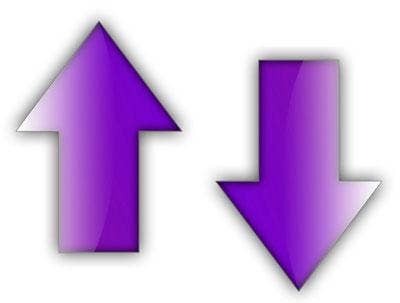
IT industry executives get paid big bucks to put out the fires that inevitably arise within their channel and customer bases. Oftentimes, executives must make convincing, on-the-fly arguments when trouble arises, in order to show the pitchfork-wielding mobs that things aren't the way they may seem, and that their companies really do have their partners' and customers' best interests at heart.
With that in mind, ChannelWeb decided to examine some of the most spin-infused executive statements over the past year and rate their 'spin factor' on a scale of 1 to 10.
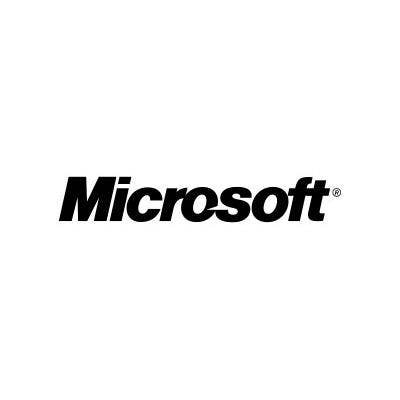
Apple CEO Steve Jobs was pretty darn proud of the fact that Apple sold 1 million iPhone 3Gs in the first days after its launch.
"iPhone 3G had a stunning opening weekend. It took 74 days to sell the first 1 million original iPhones, so the new iPhone 3G is clearly off to a great start around the world," Jobs said in a statement released the weekend of the iPhone's release.
The only problem: Apple didn't actually sell a million iPhone 3Gs. So said Gene Munster, a managing director and senior research analyst at Piper Jaffray, who, according to Fortune, crunched the numbers on his own and estimated that Apple only sold about 425,000 iPhones during its first weekend.
Later, Munster chalked up the difference between his and Jobs' calculations to the way Apple records its sales, and predicted it'll take 17 days for the iPhone 3G to hit the million mark.
SPIN FACTOR: 9
Nice try Steve, as if you needed any more hype for the most breathlessly awaited mobile device in history. By the way, is it true that Apple fans are already camping out in anticipation of the iPhone 4G?
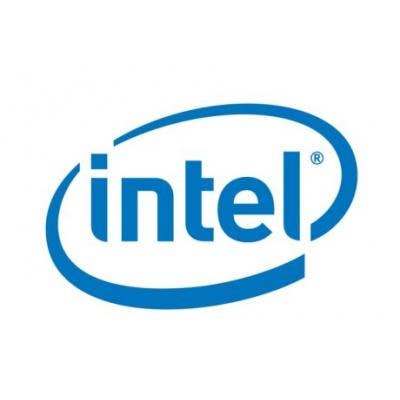
At Microsoft's Worldwide Partner Conference earlier this month, Brad Brooks, corporate vice president of Windows consumer product marketing, got a little carried away in his efforts to convince partners that Windows Vista is finally ready for prime time:
"Free the people: That is what we do, that is what we do every day -- that is the value that we create for the world today. This is what Windows will stand for," Brooks said. "And I invite all of you, everyone in this room to participate in that journey with me, to go forward, celebrate the experience of Windows with Windows Vista today, and the vision of where Windows is going tomorrow."
SPIN FACTOR: 8
OK, Brad, we'll give you the part about software 'freeing' people, since it has obviously proven quite useful over the years. But the second part ... yikes, are you really expecting channel partners to "celebrate the experience" of Vista?
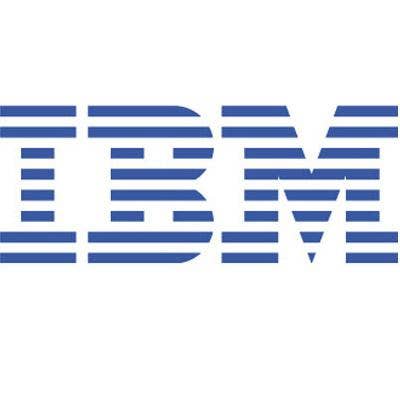
"When it's time to change, it's time to rearrange -- who you are into what you're gonna be." " the Brady Bunch Kids (watch the video).
In a June 12 meeting with Wall Street analysts, Symantec COO Enrique Salem outlined the following changes to Symantec's go-to-market strategy:
"The other area, as an example of trying to drive improvements on the cost structure, is we made some changes in our channel strategy. Symantec over the last 25 years has been very focused on a two-tier distribution strategy. But as we've built out a very strong direct salesforce where we're heavily engaged with each customer, it doesn't make sense to continue to leverage both a distributor and a partner to serve let's say the seven, eight, 900 largest customers in the world."
But in a recent interview with ChannelWeb, Salem maintained that the proposed channel policies instead constituted a "clarification," as opposed to a change: "We're clarifying what accounts have the possibility of going direct. It's not a change, it's a clarification," Salem said. "It's a customer choice. We will offer the customer the opportunity to buy direct. It's not a matter of saying 'you must.'"
SPIN FACTOR: 10
Oh, OK. It's a clarification, not a change. Of course -- how could we be so blind?
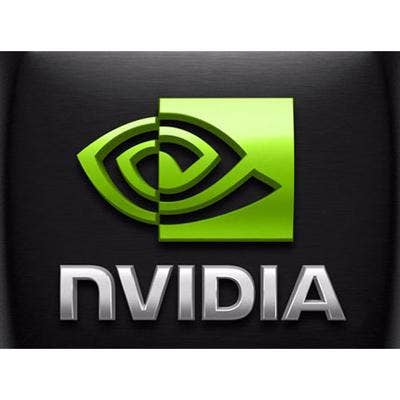
Earlier this month, Bill Davidson, a marketing manager in Intel's North American channel organization, told system builders that delays to Intel's next generation Centrino 2 mobile platform would actually give them a leg up on larger PC manufacturers, in terms of tapping into the back to school retail rush.
"On back-to-school, our resellers will be ready for the end-of-July time frame because they can turn things around quicker. Our larger customers have bigger distribution chains. The channel has a little bit of an advantage here, in terms of time-to-market and hitting the back-to-school opportunity," said Davidson.
SPIN FACTOR: 7
Actually, a one month delay isn't that big a deal: Intel had originally intended to release Centrino 2 in late June, but a technical issue with integrated graphics on the GM45 chipset caused a delay until mid-July. Still, this is a rather masterful effort to turn lemons into lemonade.
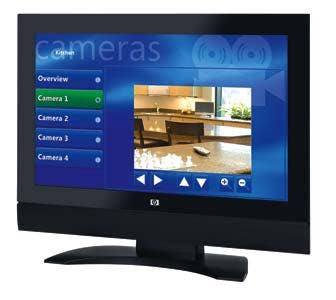
Microsoft doesn't like the implications of the proposed Google-Yahoo partnership, and has taken its grievances to Capitol Hill.
In a hearing last week before the Senate Judiciary Committee Subcommittee on Antitrust and the House Judiciary Committee Antitrust Task Force, Brad Smith, Microsoft senior vice president and general counsel, decried the potential impact of Google controlling up to 90 percent of the search advertising market.
"If search is the gateway to the Internet, and most believe that it is, this deal will put Google in a position to own that gateway and the information that flows through it," said Smith. "Never before in the history of advertising has one company been in the position to control prices on up to 90 percent of advertising in a single medium. Not in television, not in radio, not in publishing. It should not happen on the Internet.
SPIN FACTOR: 10
The advertising industry may have never seen one player control 90 percent one medium, but the software industry sure has in the PC operating system market. How'd that turn out again?

Dynamic business models are changing, as evidenced by the rise of mobile computing and software as a service. As a result, networking demands are increasing rapidly, and Juniper Networks sees that as an opportunity, Juniper chairman and CEO Scott Kriens said in April in a keynote speech at Juniper's J-Partner Summit.
"What we're drilling in on, it's more than just growth," Kriens said. "Speed is the new currency. It's how fast you can move."
SPIN FACTOR: 7
So... speed is important to business success... hmm, what will those tech CEOs think of next? Is there anything they DON'T know? Never again let it be said that IT industry executives aren't in touch with the basic realities of the universe.
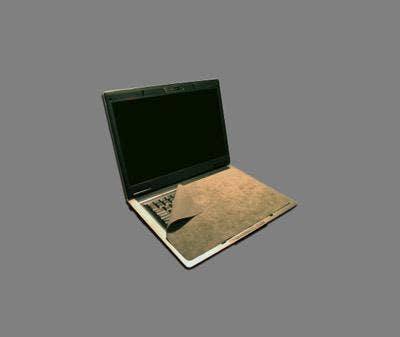
In a May conference call with Wall Street analysts, Dell Chairman and CEO Michael Dell trumpeted the progress his company has made in building its channel into a business with a $12 billion run rate.
"In April, I laid out long-term goals to drive shareholder value, including delivering sustained EPS growth and executing on our five core initiatives and also growing our retail and channel for scale and profit," Dell said. "While I'm encouraged with our progress, we still have much work to do to restore our competitive position, but over time I am confident that our broad, long-term goals, which include our growth initiatives, will drive growth in revenue, earnings, cash and ultimately shareholder value."
SPIN FACTOR: 8
Whoa, easy there, big fella. We know you're from Texas and all, where bigger equals better, but we don't think solution providers who regard the word 'Dell' as an expletive are going to be wowed by you throwing around big numbers and speaking in run-on sentences. Glad tohear your growth initiatives will drive growth, though. That's important.
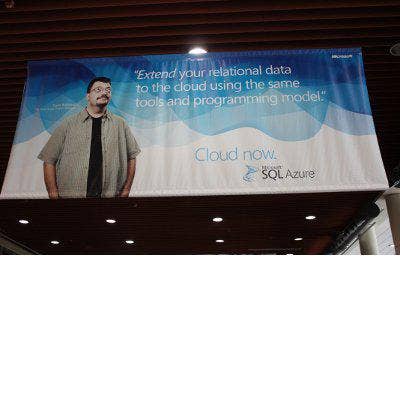
Research In Motion CEO Mike Lazaridis, who invented the Blackberry, is more of a keyboard guy than a touch screen guy. Last November, Lazaridis claimed that Apple's iPhone is more style than substance in this regard.
"Try typing a Web key on a touch screen on an iPhone, that's a real challenge. You cannot see what you type. The iPhone has severe limitations when it comes to effortless typing. Of course you have more screen space, with more artistic interactions, but that's not enough," Lazaridis told The Register.
SPIN FACTOR: 8
Lazaridis gets points for giving grudging respect to the iPhone's large screen and touch interface. However, most iPhoners say it just takes a couple of days to get used to typing on the touch screen, after which the 'challenge' dissipates, and the warm glow of discovery takes over.
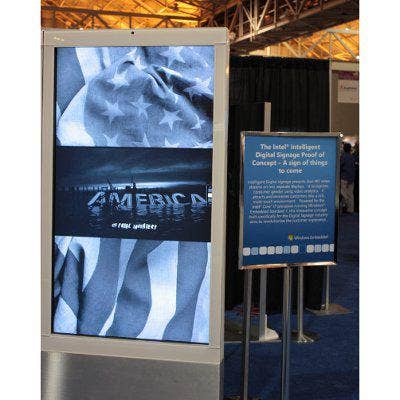
Last September, after AMD had trouble meeting the sample demands of many of its partners for samples of its quad-core Opteron processors, ex-CEO Hector Ruiz was called upon to soothe ruffled channel feathers. Ruiz noted that there are some differences in the business relationships AMD has with its tier-one and Platinum OEM partners and with others, and that the chip maker values the channel highly.
"We've got 'commitment to the channel' tattooed on our butts at AMD," Ruiz told partners.
SPIN FACTOR: 6
Um, OK, it's going to take a while to get that visual out of our heads. Thanks, Hector. Let's hope the new CEO feels (looks?) the same.

In an interview with ChannelWeb earlier this month, Frank Hauck, executive vice president of global marketing and customer quality at EMC invoked the words of hockey great Wayne Gretzky to illustrate his company's dedication to customers.
"Gretzky said, 'I skate to where the puck is going to be, not where it has been'. We're going to where the customer pain point is," Hauck said.
SPIN FACTOR: 7
Hey Frank, that quote has already been used about 800,000 times by IT execs. Why not just say you're going to "think outside the box" and leave it at that?